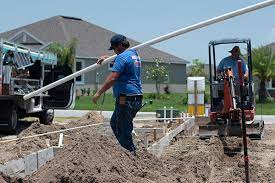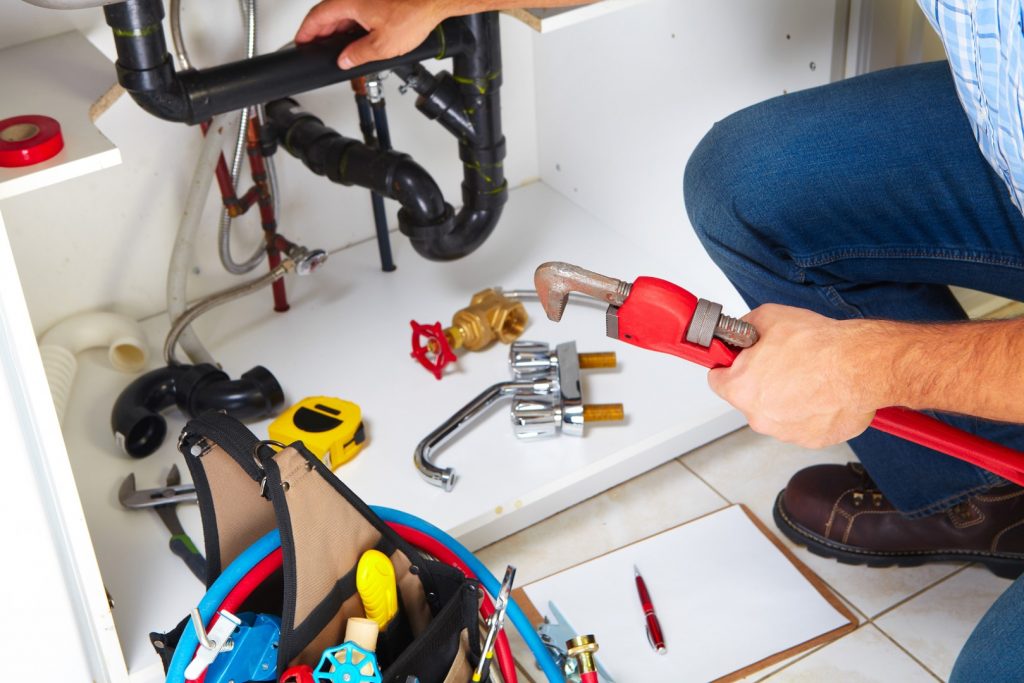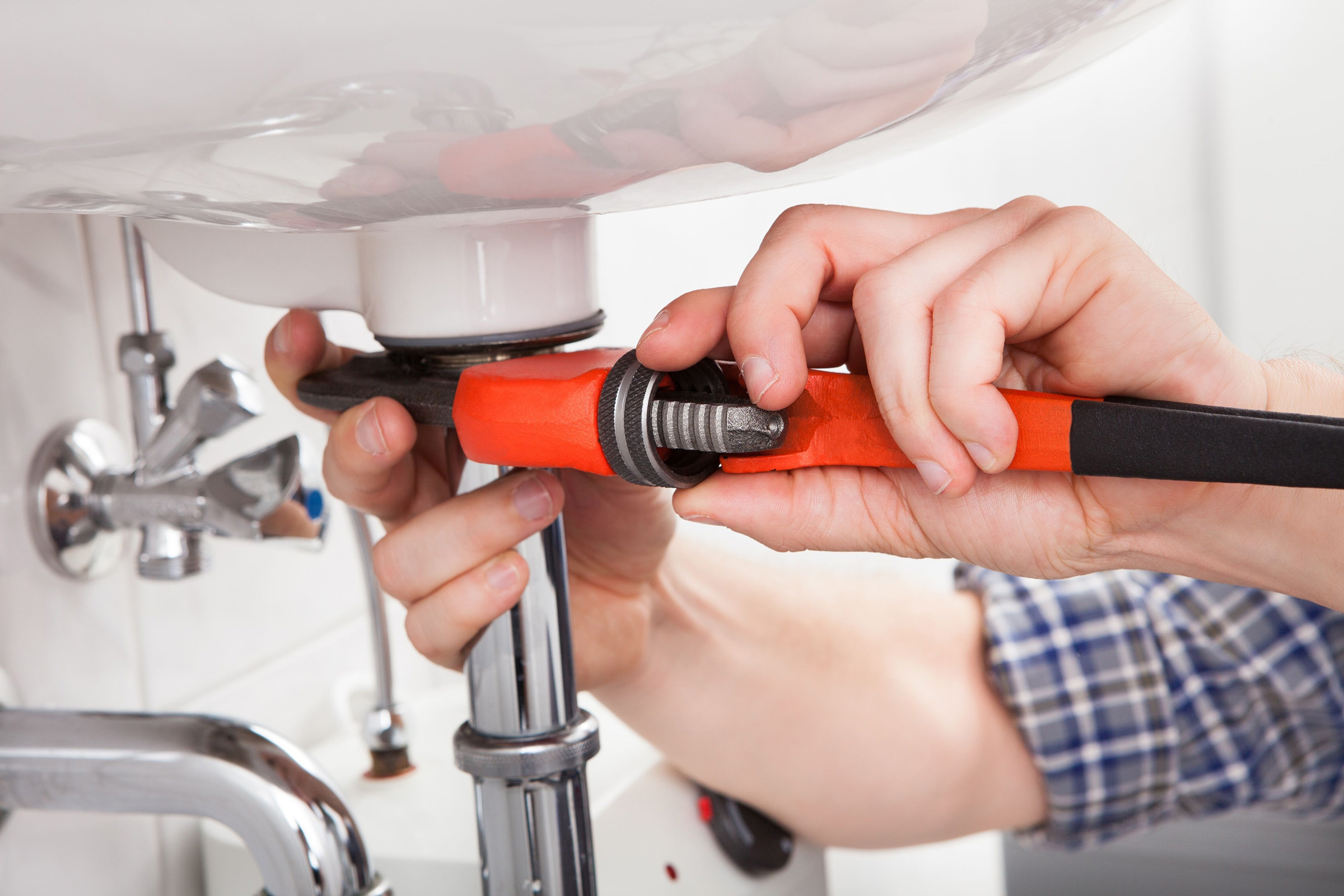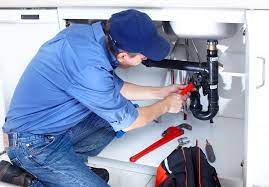When something goes wrong with your plumbing, it can cause major disruptions to your home and be a serious health hazard. Emergency plumbers can fix disasters such as burst pipes, severe leaks and more.
It’s important to know when to call an emergency plumber and how to find the best one near you. This article will help you do just that!
Burst Pipes
A burst pipe is every homeowner’s worst nightmare. It can cause extensive water damage in a short amount of time, leading to soaked carpets, ruined furniture and warped floorboards. It can also weaken the structure of your home or business, and leave you with expensive renovation costs.
If you suspect a leak, contact your local emergency plumber as soon as possible to minimize the damage. The first step is to turn off the water supply at the main valve in your home or garden. Make sure all family members know where this is, so they can shut it off quickly in an emergency.
Mould needs three things to grow – food, warmth and moisture. If you have a leaking pipe, it could be feeding mould into your home and causing costly structural problems. An emergency plumber can assess the situation and recommend any necessary repairs. They can also install an automatic shut-off valve to prevent further issues.
Blocked Toilets
Toilets clog for many reasons, but if your toilet keeps getting blocked and you’ve tried using a plunger without success, it may be time to call an emergency plumber. Your home’s toilets, drain lines, and sewer line all connect to your municipal sewage system, so if you’re experiencing repeated clogs, it could be an issue with the main line.
Keep your bathroom counters as clear of clutter as possible to help prevent accidentally knocking items into the toilet. Also, only flush human waste and toilet paper — not baby wipes, cotton balls, sanitary products, toys, or other non-flushable items.
Your toilet vent can also get blocked with dirt and debris from the roof, so it’s important to check that regularly too. A clogged toilet vent can cause reduced flushing pressure and lead to water backups throughout your home. An emergency plumber can unblock your toilet vent and the surrounding pipes to solve this problem quickly and easily.
Leaky Faucets or Showers
If you’ve noticed a sudden drop in water pressure, it could be an emergency. This could be caused by a water main break or a clog somewhere in the house. In either case, it’s important to shut off the water before calling an emergency plumber.
Leaky faucets often occur because of worn-out washers, valve seats, or corroded inlet or outlet seals. Having a plumber install new ones will stop the drips and prevent further damage to your home.
If you have a slow draining toilet, it’s likely because of a blockage in the vent pipe that moves air into the tank with each flush. You may also have a high filler float that needs to be adjusted. Before you call an emergency plumber, try using a plunger to clear the blockage. This could save you some money on the plumbing bill. In some cases, a clogged toilet can cause sewage to back up into your home, which is a much more serious problem and requires an emergency plumber.
Water Heater Issues
An emergency plumber will be able to help with any water heater issues that might arise. Some of these include water leaking from the pressure relief valve, a leaky water heater, or the tank itself. Leaking water can lead to serious damage to your home if not dealt with promptly.
If you notice any of these signs, shut off your home’s water supply at the main valve. This can be found in your home’s basement or near your front door. Open all drains and spigots to flush out any remaining water in your pipes.
Another sign of a plumbing emergency is if you smell natural gas or sewage. Both of these are simple asphyxiants that can cause suffocation if inhaled at high doses. If you notice these odors, turn off your gas supply at the meter and exit your home immediately. Call your local gas company and an emergency plumber as soon as possible. Do not return to your home until the emergency plumber says it is safe.




